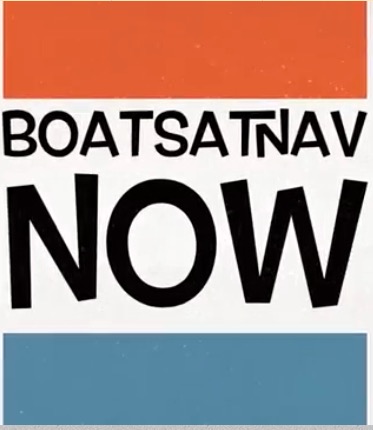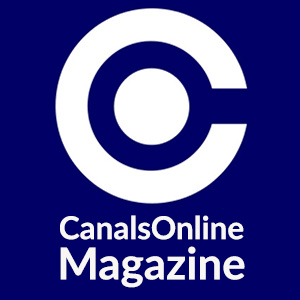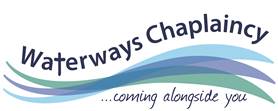15 October 2020
‘Unlocking’ the challenge of London’s congested waterways
As people continue to move onto the water, the 200-year old Regent’s Canal and London’s other waterways have never been so popular
The Canal & River Trust is starting a discussion with boaters and other stakeholders on how to manage the busy London waterways. Against the backdrop of a record high and growing boat numbers in the capital, the charity is asking what approach should be taken for managing very congested areas, and how respondents can help.
Over the past decade the Trust has seen the number of boats using the London waterways more than double[1] to a record high and this trend is continuing. 2020 sees the Regent’s Canal celebrate its 200th birthday and it, together with London’s other former industrial waterways, have never been more popular.
Without additional measures to manage the areas of highest demand, it is likely that the ever-growing number of boats will impact on everyone’s enjoyment of the waterways.
Boaters and other stakeholders are invited to share their views, using an online survey or in writing, and the Trust will be holding virtual meetings online to hear ideas and answer questions. This initial engagement will take place between mid-October 2020 and early January 2021.
In 2018 the Trust published the London Mooring Strategy to help manage the London waterways safely and fairly. The strategy acknowledged that if boat numbers continued to rise then additional measures to manage boats in the busiest areas would need to be investigated to ensure the waterways are managed safely, provide an enjoyable customer experience, and are available fairly for everyone.
In parts of central and inner London, mooring space and boater facilities are already under pressure. The Trust has no legal powers to stop or restrict the number of licensed boats on the water, so creative solutions to help manage growing boat numbers are necessary to address these challenges. With a growing liveaboard boating population, and increased recreational and leisure use, the number of people wanting to use the waterways continues to rise. All boaters and stakeholders need to work together to ensure they are managed sustainably for the future.
Ros Daniels, director for London & the South East at Canal & River Trust, said: “London’s waterways are busier today than at the height of the Industrial Revolution. They provide something for everyone. They bring nature and free access to valuable green and blue space to relax, de-stress, and exercise to many people. They’re a fascinating reminder of our industrial heritage and, of course, they allow the opportunity to boat, and moor up, in the heart of the capital.
“However, this popularity comes with challenges. The rise in boat numbers in some parts of London is unsustainable and is putting a significant strain on the 200-year old canals, as well as the facilities that were never designed for this type and volume of use. Finding a mooring can be a real issue, and the high number of boats in some areas can lead to unsafe mooring practises and cause a danger to others. There is also increasingly the potential for conflict between all the different interests and ways people interact with the waterways. We need to address this.”
Matthew Symonds, national boating manager at Canal & River Trust, said: “We need boaters, and other people who are invested in London’s waterways, to help us decide upon a way to manage the space so we can ensure the canals are safe and fairly available to everyone. Please take part in our survey or come to one of our virtual meetings to share your views.”
Information about the survey and virtual meetings can be found here: https://canalrivertrust.org.uk/about-us/where-we-work/london-and-south-east/managing-boats-on-londons-busy-waterways.





































































 RCTA Linslade Easter Floating Market
RCTA Linslade Easter Floating Market RCTA Gt. Haywood Easter Floating Market - Full
RCTA Gt. Haywood Easter Floating Market - Full IWA Canalway Cavalcade 2025
IWA Canalway Cavalcade 2025 RCTA Startops May Day BH Floating Market at Marsworth
RCTA Startops May Day BH Floating Market at Marsworth Norbury Canal Festival 2025
Norbury Canal Festival 2025 RCTA Burton on Trent May Day BH Floating Market
RCTA Burton on Trent May Day BH Floating Market RCTA Willington Floating Market
RCTA Willington Floating Market RCTA Berkhamsted Floating Market
RCTA Berkhamsted Floating Market Moira Canal Festival
Moira Canal Festival The Batchworth Rally
The Batchworth Rally



Comments are closed.